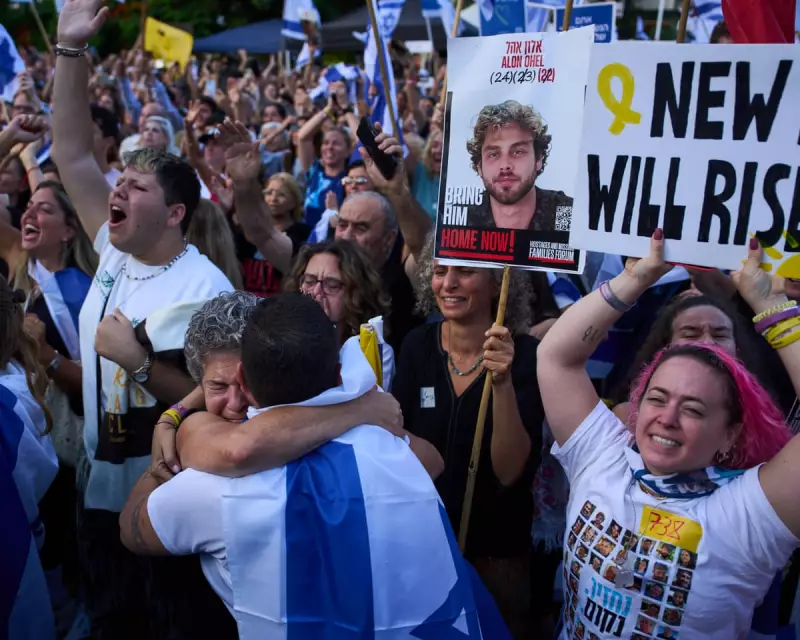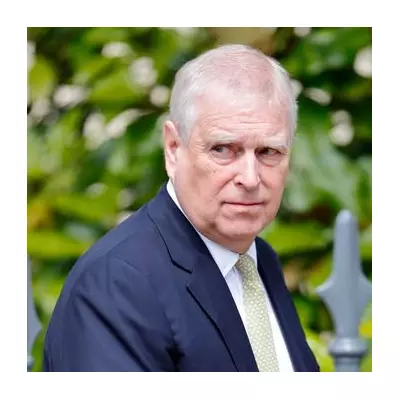
In a dramatic move that has caught international observers by surprise, former US President Donald Trump has thrust himself back into the Middle East spotlight with a self-proclaimed "peace initiative" for Gaza. The timing and nature of his intervention, however, raise serious questions about its true purpose and potential effectiveness.
A Calculated Political Maneuver
Trump's sudden interest in the Gaza conflict appears less about genuine conflict resolution and more about crafting his political legacy. With the world watching a humanitarian catastrophe unfold, the former president sees an opportunity to position himself as the dealmaker he's always claimed to be.
Political analysts suggest this intervention serves multiple purposes:
- Distracting from domestic political challenges
- Reinforcing his image as a global statesman
- Appealing to certain voter demographics ahead of potential political campaigns
The Human Cost of Political Posturing
While politicians engage in high-stakes diplomacy, the reality on the ground in Gaza remains dire. Civilian populations continue to bear the brunt of the conflict, with essential supplies running dangerously low and medical facilities operating at breaking point.
"When world leaders treat conflicts as opportunities for personal legacy-building, it's ordinary people who pay the price," notes Middle East analyst Dr. Sarah Jenkins. "The focus should be on immediate humanitarian relief, not political point-scoring."
Netanyahu's Calculated Embrace
Israeli Prime Minister Benjamin Netanyahu's warm reception of Trump's involvement reveals much about the complex political calculations at play. For Netanyahu, Trump represents a known quantity—a US leader whose administration took unprecedented steps to support Israeli government positions.
The relationship between the two leaders has always been transactional, and this latest development appears to follow that pattern. Both stand to gain politically from being seen as working together, even if the actual prospects for peace remain slim.
The Hostage Crisis: Political Football or Priority?
Perhaps most concerning is how the hostage situation has become entangled in these political maneuvers. Families of those captured continue to endure unimaginable anguish, while their loved ones' fates become bargaining chips in a high-stakes political game.
Key concerns emerging from recent developments include:
- The prioritization of political optics over genuine humanitarian concerns
- The lack of concrete plans for addressing immediate civilian suffering
- The potential for further destabilization through ill-considered interventions
A Pattern of Problematic Diplomacy
This isn't Trump's first foray into Middle East diplomacy. His administration's approach was characterized by unilateral moves that often ignored regional complexities and longstanding international consensus. The current intervention appears to follow a similar pattern—high on spectacle, low on substantive engagement with the actual issues.
Regional experts warn that sustainable peace requires addressing root causes and building consensus among all stakeholders, not just those who align with particular political agendas.
The Road Ahead: Substance Over Spectacle
As the international community watches these developments unfold, the question remains: will this latest intervention produce meaningful progress or simply add another layer of complexity to an already intractable situation?
The people of Gaza and Israel deserve more than political theater. They need sustainable solutions that address security concerns while ending the humanitarian nightmare. Whether Trump's involvement moves things in that direction or simply creates more obstacles remains to be seen.
One thing is certain: in the high-stakes world of Middle East diplomacy, the gap between political ambition and human suffering has never seemed wider.





